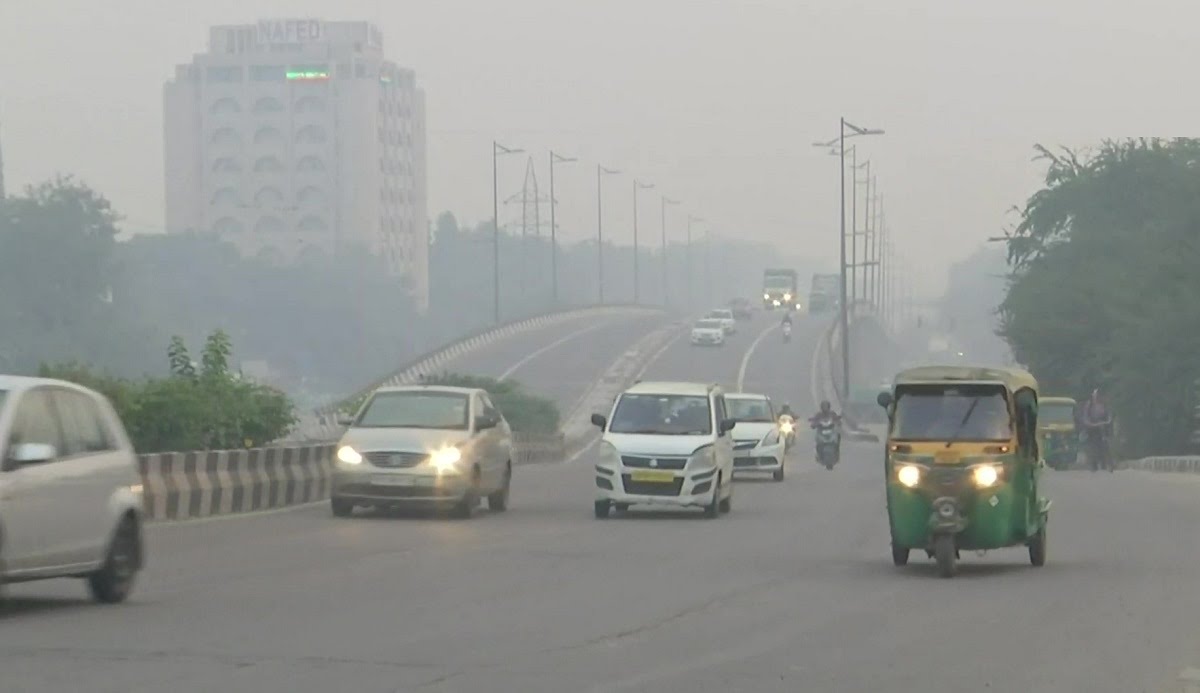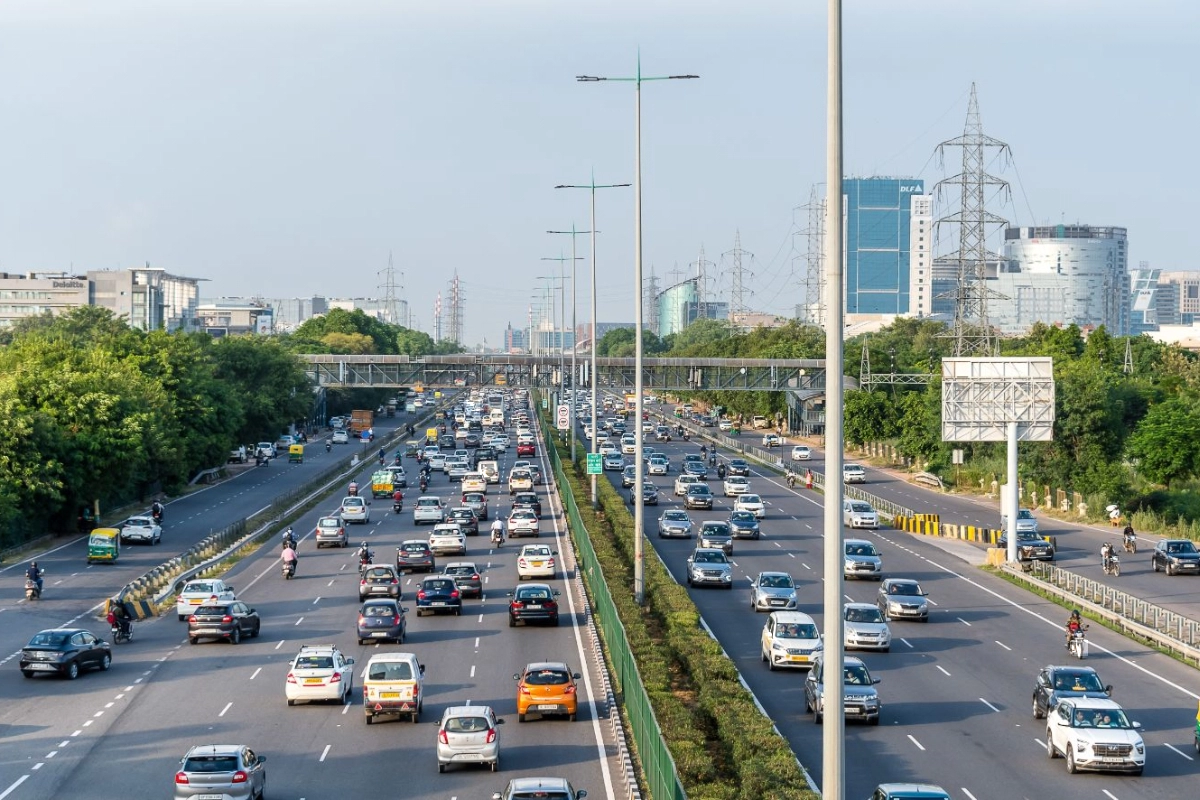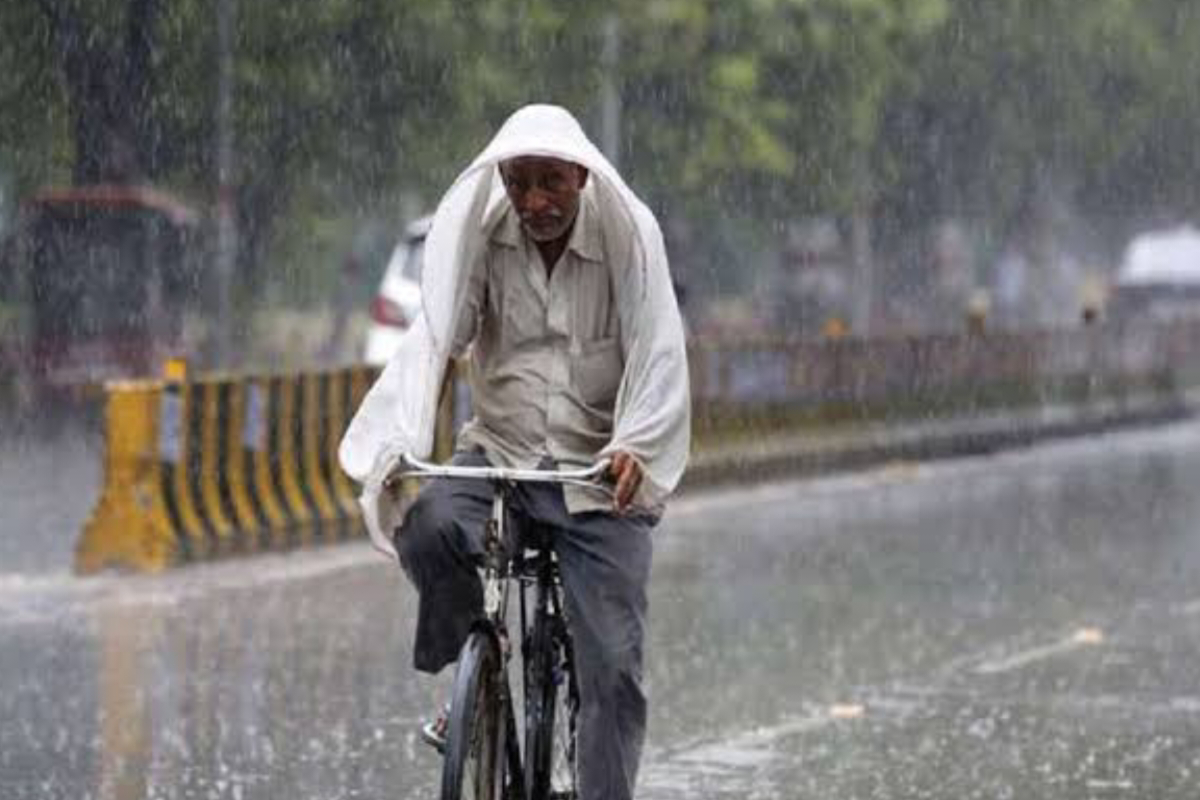With the air quality likely to fluctuate between “severe” and the higher-end of “very poor” category in the coming days due to unfavourable weather conditions and high contribution of stubble burning, the sub-committee constituted for operational of Graded Response Action Plan (GRAP) on Monday enforced “severe” measures with immediate effect in Delhi-NCR.
All hot-mix plants and stone-crushers have been ordered to be closed and the agencies in Delhi-NCR directed to intensify public transport services by introducing differential rates to encourage off-peak travel.
“We have monitored the meteorological conditions of one week and asked the states in National Capital Region (NCR) to implement GRAP needed for severe category measures. Citizens should also step in to check pollution activities,” a report in Times of India quoted Prashant Gargava, Secretary Central Pollution Control Board (CPCB).
As per the Centre-run SAFAR, winds coming from the north west direction at 925 millibars (mb) are favourable for the transport of stubble related pollutants to Delhi. However, its impact on Delhi’s PM2.5 has been reduced as wind speed has reduced.
Also Read: EDUCATION: ICAI released CA December 2021 examination guidelines
“Today’s share of crop residue burning is 30 per cent in PM2.5. AQI is likely to improve further but remains in the very poor category,” said SAFAR.
Meanwhile, the sub-committee formed to operationalise has ordered higher power generation from gas-based plants so as to avoid pollution from coal-based plants in the NCR. The government has already closed the Badarpur plant.
On Monday, the AQI in the national capital stood at 432.
An AQI between 0-50 is considered good, 51-100 is satisfactory, 101-200 moderate, 201-300 poor, 301-400 very poor and 401-500 are marked as severe/hazardous.
(With inputs from ANI)












